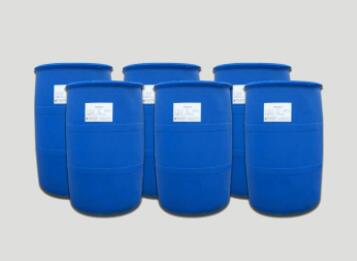The internal stress of concrete layout is very high, and no strong hard force layout can hinder its opening. The high strength and good adhesion of the grouting adhesive can hinder the continuous expansion of cracks, but new cracks will occur because of the necessary release of the internal stress of the concrete layout. In order to make up for this shortcoming, we need an elastic layout body to participate when we do the planning of cracking adhesive, so that the old gap has a buffer when it shortens and expands, so that it will not occur new cracks.

As a curing agent with elastic function, polyether amine can make the epoxy curing material have sufficient tensile elongation and tensile strength. If planned and manufactured properly, polyetheramine technology can fully satisfy the functional requirements of low viscosity, good penetration, strong adhesion, high tensile elongation and tensile strength of grouting adhesive.
If you want to make the product better in the application, obviously, it must require polyetheramine technology can be excellent, to meet certain standards, and to meet the needs of users, the next we will briefly analyze how it is used in concrete.
There are many reasons for the formation of concrete cracks. There are cement quality questions, but also cement concrete sand-cement cooperation ratio, water-cement cooperation ratio is not suitable for such questions, but also construction planning unreasonable or improper maintenance factors, and environmental corrosion, weathering and physical impact, overweight load and other improper use of the damage caused by the question.
Concrete cracks, whether it is less than 0.1mm crack micro-textures, or wider cracks greater than 5mm, will bring damage to the service life of concrete building layout and waterproofing, corrosion. Long-lasting or severe cracks can bring unforeseen damage to the safety of the building. Therefore, it will have to be bonded by products produced by polyetheramine technology, which we all know is highly adhesive.
Concrete cracks are a common drawback of cement concrete layout bodies, which are generally present in cement products and require chemical protection. If the cracks are severe, they need to be repaired even more.
Concrete cracking is a drawback that always remains dynamic. The influence of various factors such as internal stress, shortening, open gas, external climate, corrosive gas and external impact make concrete cracks always shorten, expand and adhere to the ever-expanding changes. But no matter how it changes, its total trend must be expanding, because concrete has no self-repairing ability, which will only increase the shortcomings of cracking.